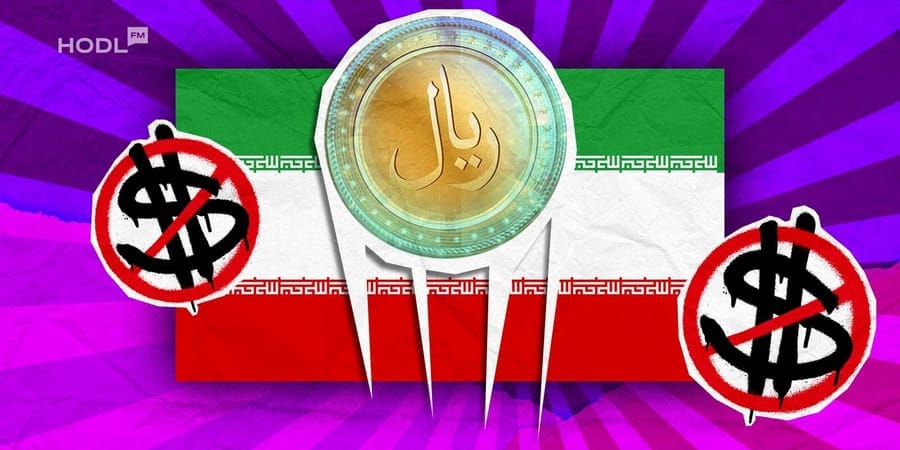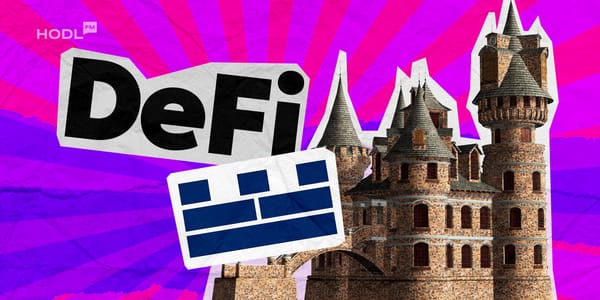Tehran signals a shift toward crypto-based settlement systems while domestic industry urges clearer rules
Iran is accelerating efforts to incorporate digital currencies into its international trade system, positioning crypto as a practical tool for navigating renewed U.S. and U.N. sanctions. The policy direction was outlined at the deBlock Summit, the country’s first state-supported blockchain gathering, where officials described digital assets as essential for an economy cut off from conventional financial channels.
The summit took place shortly after France, the United Kingdom, and Germany activated a snapback provision in August 2025. Their decision reinstated prior multilateral sanctions on Tehran, reviving longstanding limits on banking and commerce.
Iranian officials frame crypto as an economic lifeline
Mohammad Bagher Ghalibaf, Speaker of Parliament, used the event to position digital currencies as a mechanism for restoring access to foreign markets. He noted that digital payment rails can provide “independent nations” with alternatives to traditional systems that rely heavily on Western oversight.
Ghalibaf also outlined plans for closer cooperation between lawmakers, universities, and domestic technology firms. His remarks emphasized research, infrastructure development, and the pursuit of overseas investment in blockchain ventures. Tehran’s leadership views foreign participation as a way to strengthen its emerging digital economy, even as geopolitical tensions complicate access to capital.
The broader geopolitical backdrop remains tense.
President Trump has warned BRICS members that adopting alternative currency frameworks could trigger new tariff measures. India’s foreign ministry brushed aside the idea in August 2025, saying that leaving the dollar-based system does not align with its financial agenda.
Private sector calls attention to gaps in Iran’s crypto rulebook
While officials present digital assets as a strategic solution, industry executives argue that the existing regulatory framework lags behind the country’s ambitions.
Ehsan Mehdizadeh, head of Wallex Iran, the country’s largest crypto exchange, told attendees that the rules currently in place lack the clarity required for meaningful adoption. He contended that a sanctions-restricted economy cannot afford slow progress on modern financial infrastructure and said many regulators still lack a working understanding of blockchain systems.
Mehdizadeh pointed to Iran’s longstanding exclusion from SWIFT as a practical reason to expand digital currency use. For businesses unable to access traditional banking rails, he said, crypto provides an alternative settlement path.
At present, the Central Bank of Iran retains exclusive authority over the sector. The institution has enforced limits that prevent exchanges from converting Iranian rials directly into cryptocurrencies, creating a bottleneck for local users and businesses. Mining, however, remains permitted, though ongoing debate continues around electricity pricing.
Shamseddin Hosseini, who chairs Parliament’s Economic Committee, has questioned why miners should benefit from subsidized energy when those same subsidies are tightly controlled for residential consumers.
Iran’s illegal crypto mining adds pressure to energy system
Alongside plans to adopt digital currencies for trade, Iran faces a booming underground crypto-mining sector that complicates its economic strategy. Unlicensed rigs operate in warehouses, factories, and remote areas, drawing heavily on subsidized electricity and contributing to blackouts in multiple provinces.
Despite periodic raids and equipment seizures, enforcement struggles to match the scale of illicit activity. Authorities estimate that illegal operations consume energy comparable to major industrial users, while legitimate miners pay higher tariffs, creating a market imbalance.
This unregulated network highlights a broader challenge: Tehran seeks to engage in global blockchain markets, yet domestic constraints, energy shortages, uneven oversight, and compliance gaps. limit the feasibility of a fully sanctioned crypto ecosystem.



